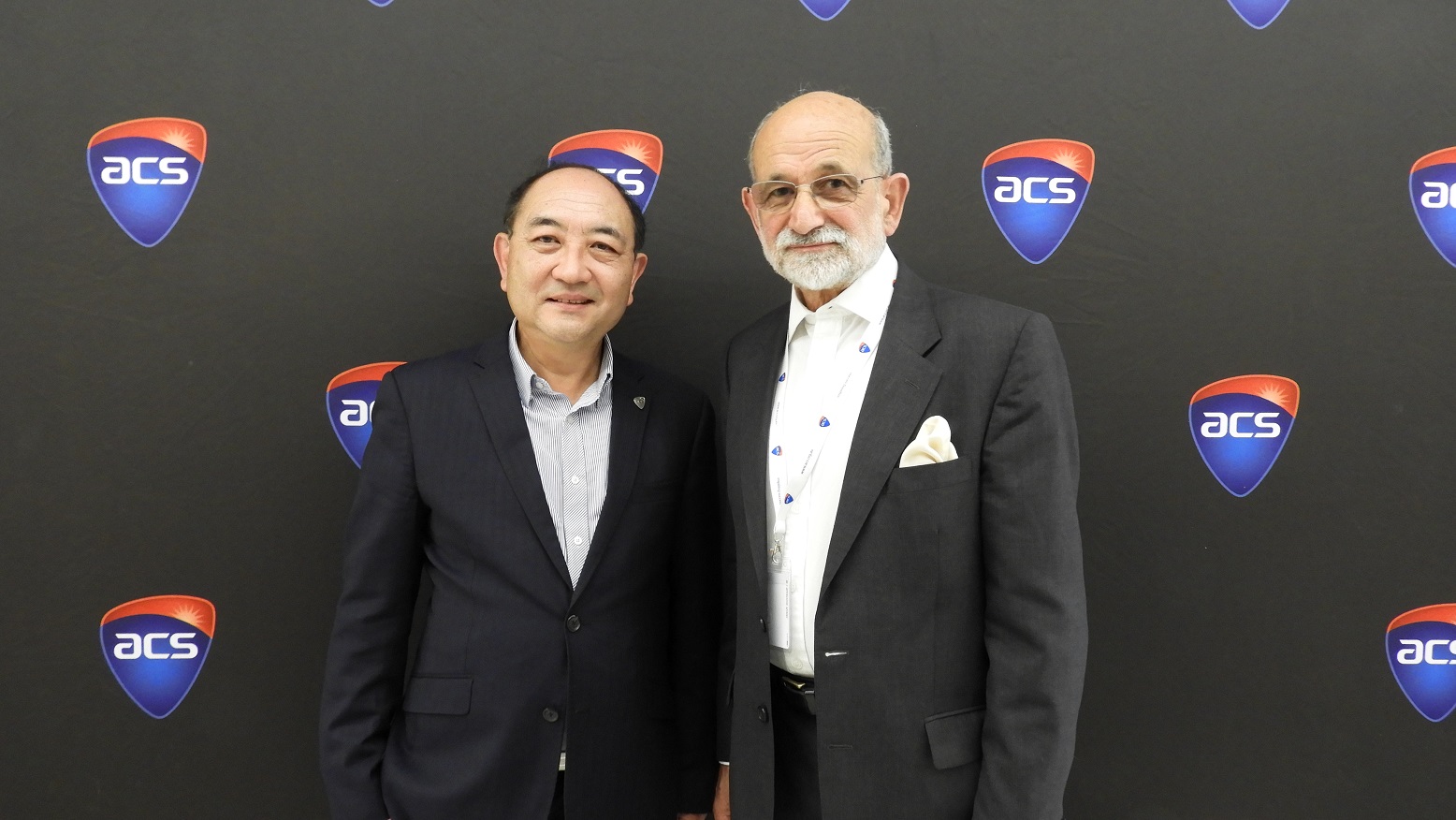When it comes to maintaining ethical standards in the development of Artificial Intelligence, professional associations like ACS and the British Computer Society (BCS) now play a key role alongside governments.
That's according to President of the BCS, Chris Rees, who spoke in Sydney this week.
Rees, who has previously worked as a consultant with Deloitte and is a partner at Principled Business, gave a presentation on ‘Ethics in AI and IT’ at the ACS Innovation Hub in Barangaroo as part of his national roadshow, in which he also spoke in South Australia and the ACT.
He discussed the need for ethics to be placed front and centre of the AI debate.
Speaking with Information Age following his presentation, Rees stressed the importance of maintaining accountability as improvements in AI continue.
“Accountability is always important, and in a sense, AI doesn’t change the game,” he said. “We have to be accountable for what we do and don’t do. That’s true at an ethical level and it’s true at a legal level.”
“So, we may be using AI as a tool, but fundamentally nothing changes, if you hurt someone you’re liable, if you use an AI tool, like an autonomous vehicle, to hurt somebody you’re liable.
“Working out who is liable is difficult, but we have to be able to do that.”
The BCS lists its critical mission as 'making IT good for society'.
The ethical development of AI systems is now a central consideration in this.
Like ACS, BCS provides certification for the nation’s IT workers.
“One of the fundamental roles of the BSC is to maintain professional standards,” Rees said. “Anyone joining the BCS has to sign up to an ethical code.”
“Ensuring that we have people who are qualified, experts in their field and ethical is a fundamental part of our duty to society.
“If people are building these systems they should be qualified, and they should be ethical.”
Beyond these professional societies, governments will also play a role in leading ethical approaches to the development of AI.
In this year’s budget, the Federal government announced it had pledged $29.9 million over four years to enhancing local AI capabilities.
Part of this included the creation of a “Technology Roadmap, a Standards Framework and a national AI Ethics Framework”.
Such initiatives are beneficial to the industry, Rees explained.
“In most major countries there is a consciousness of this and a need for funding,” he said.
“An ethical framework requires serious effort.”










